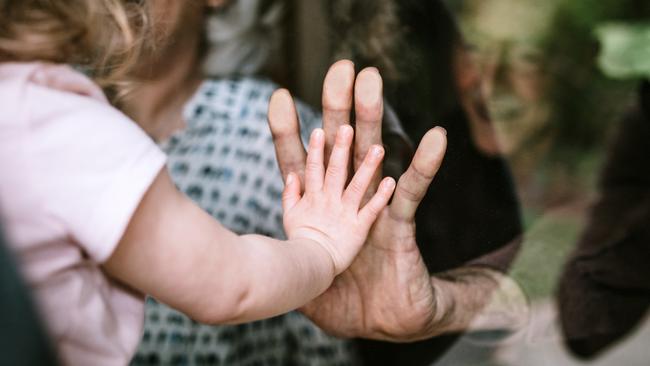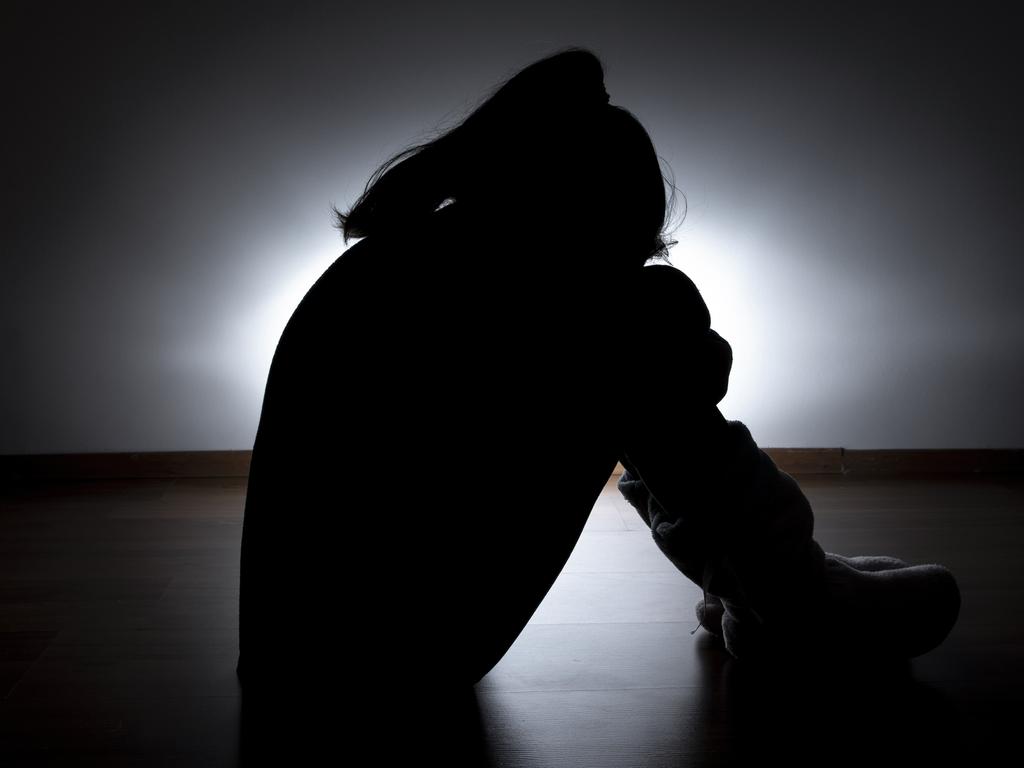Weaponising access to grandkids is terribly cruel
Imagine. Lunch with friends, the retirement years. Everyone pulling out the grandkid photos; laughing, relishing, sharing. You have grandkids too – but there are no photos.

Imagine. Lunch with the girls, the retirement years. Everyone pulling out the grandkid photos; laughing, relishing, sharing. You have grandkids too – but there are no photos. Because you never see this family. You’re estranged from your adult child. And you can’t bring yourself to tell the friends. The shame in it. Mortification. Distress.
The woman’s pain is visceral; it leaps from her email. Kerry has finally found the courage to be honest about the situation – to tell her girlfriends after years of saying all the pictures are on her computer. Kerry has asked me to write about this issue and to use her name, because she wants to help others. This is about adult children weaponising access to grandkids. A long time ago I wrote about this and it ripped open a lot of heartache, but now fuelling the flames we have social media alongside much discussed psychology about narcissists and sociopaths, coercion and control.
“There’s a group mentality on Facebook,” Kerry writes of family members who ghost, shun, blank and silence, reducing those around them to walking on eggshells. “It’s a cult, where they all validate each other. If one starts to stray they pull them back. Often history is rewritten. Reddit is a place they hang out too, keeping all the sheep in the fold.”
Kerry has also joined online communities, with names like “You’re Not Alone: Estranged Parents of Adult Children”. Now she wants to put things into perspective for others in her position. “It’s usually Mums,” she explains. “Some have been crying every day for five years or longer. It’s a cult-like epidemic.”
Kerry explains what it used to be like when she met up with friends. “My three closest friends knew the truth, but I just played along at happy families [with everyone else] because it was easier.” She says her own grandparents were an amazing presence in her life. “My estranged daughter was old enough when they died to know how much they meant to me.”
She says her daughter initiated low-level contact when she got married. “To save face, and to not have to explain why I wasn’t present. [But] my husband and I were seated the farthest away from the bridal couple and her father, who was seated next door to the bride. This period is called Low Contact, where you receive crumbs. You’re excluded from many family gatherings. There are rules. Christmas never with us. Everything done in a demeaning way, to keep me in my place.”
Kerry deduces that it’s ultimately about power and control; about insecurities on the excluder’s part. She analyses her daughter’s mindset: “She likes to put people down and does it very convincingly. Making people smaller makes her look bigger.” Exclusion is bullying, whether in schools, on social media or in families. It’s emotional abuse. The gaslighter often fears public exposure – as the wedding situation demonstrates – because exposure will signal to the world the perpetrator’s cruelty.
“Why do we have to put up with crumbs and exclusions, moving goal posts and the like?” Kerry asks. Why indeed. And so she’s let go, to move on with her life. “One thing to remember is that I was Me before I became Mother,” she explains. “Mums need to find and embrace that person, and be their own best friend.”
Kerry doesn’t see her beloved grandchildren now. “I’ve walked away. Life is all about grace and how you deal with things. My mindset is ‘forgive, but not forget’.” She’s writing a journal about her life for her estranged grandchildren, but she will no longer define herself as a mother and grandmother. As for others in the same boat, she says, “I think it’s important to share my story to help other people alleviate their distress.” There’s a lot of hurt and bewilderment out there; it’s desperately sad. And of course, there may well be just as much pain on the other side of the story, too.






To join the conversation, please log in. Don't have an account? Register
Join the conversation, you are commenting as Logout